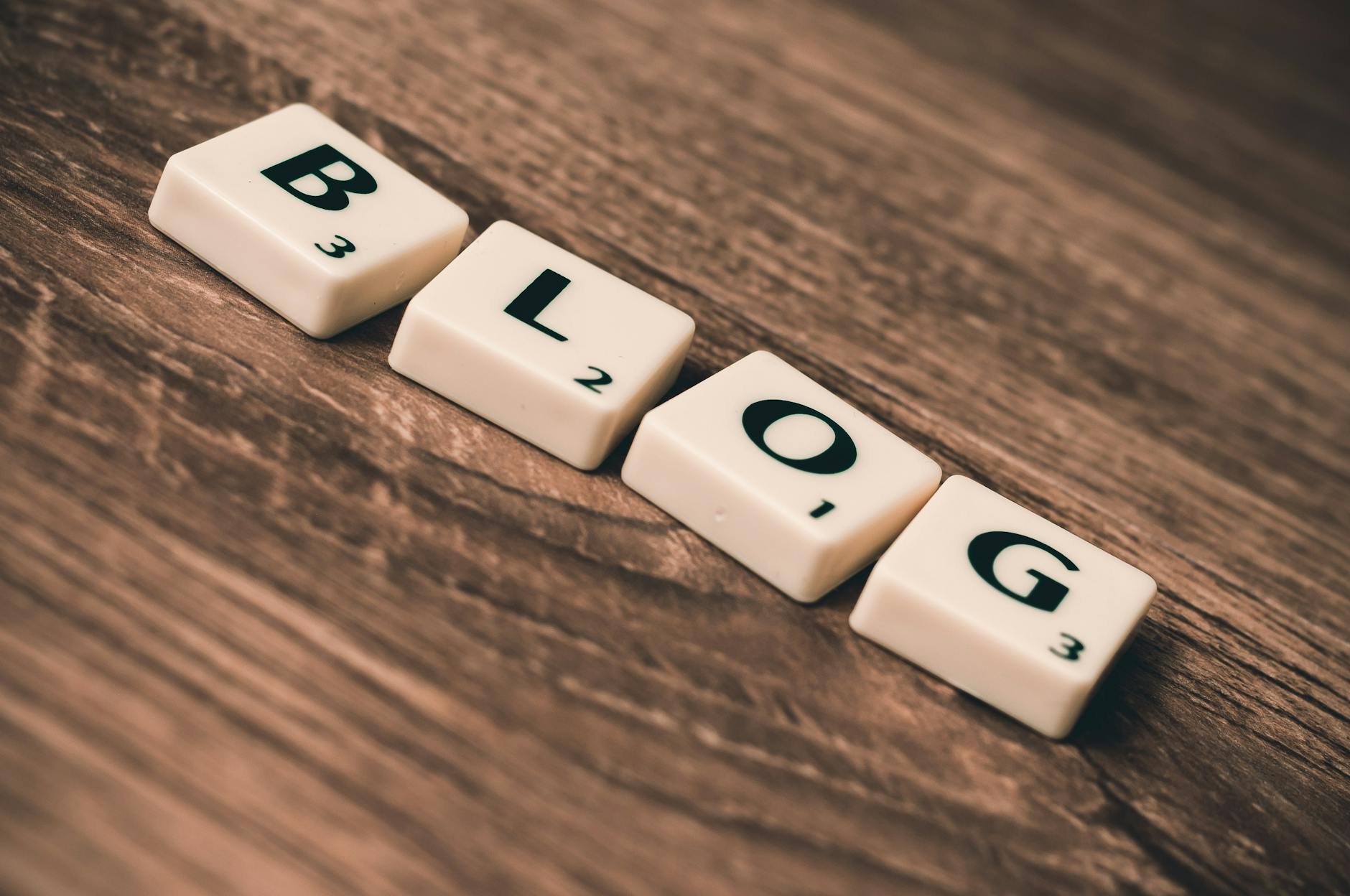What is decoding strategies?

What is decoding strategies?
Decoding strategies are essential tools in facilitating effective reading and comprehension. They allow learners to navigate through text, breaking down complex words into manageable parts. As we delve into the nuances of decoding strategies, you’ll see how they not only enhance reading skills but also empower individuals to become confident readers.
Understanding Decoding Strategies
At the heart of effective reading lies the concept of decoding strategies. These strategies encompass various methods and techniques that aid in interpreting written language. By employing decoding strategies, readers can connect sounds to letters, recognize words, and ultimately enhance their comprehension.
Definition of Decoding Strategies
Decoding strategies refer to the techniques used by readers to make sense of written words. This involves breaking down words into smaller parts, sounding them out, and utilizing context clues to derive meaning. The goal is to improve reading fluency, which is essential for understanding the text as a whole.
The Role of Decoding in Reading
Decoding plays a crucial role in reading proficiency. Without effective decoding skills, readers may struggle with unfamiliar words, leading to frustration and decreased motivation to read. According to the Importance of Word Decoding in Reading, strong decoding abilities equip learners with the tools to tackle new vocabulary, making reading a more enjoyable and rewarding experience.
Types of Decoding Strategies
Several decoding strategies can be utilized in educational settings to support reading development. These strategies are designed to cater to various learning styles and preferences.
Phonics-Based Strategies
Phonics-based strategies center around the relationship between letters and sounds. By learning the sounds associated with different letters and letter combinations, readers can begin to decode words systematically. Techniques like segmenting, blending, and syllable splitting are integral components of phonics instruction. For a deeper understanding, check out the Effective Strategies to Teach Decoding.
Contextual Clues Approach
Using contextual clues is another powerful decoding strategy. Readers can derive meaning from the surrounding text, helping them to infer the meaning of unfamiliar words. For instance, if a reader encounters the word “bark” in a sentence that discusses trees and animals, they might deduce that it refers to the outer covering of a tree rather than the sound a dog makes. Contextual clues can dramatically improve reading fluidity and comprehension.
Visual and Auditory Decoding Techniques
Visual and auditory techniques play a significant role in decoding strategies. Visual aids, such as flashcards or graphic organizers, help learners associate images with words. Meanwhile, auditory cues—like rhymes or songs—make it easier for readers to remember sounds and spellings. By engaging multiple senses, these strategies enhance memory retention and word recognition.

Photo by Pixabay
Implementing Decoding Strategies
Integrating decoding strategies into everyday learning can be transformative. Here are some practical tips for both educators and self-learners.
Strategies for Educators
For teachers, incorporating decoding strategies into lesson plans can significantly enhance student engagement and understanding. Here are some recommendations:
- Use Interactive Activities: Games like word bingo or decoding races can make learning fun.
- Encourage Group Work: Partnering students to decode words together fosters collaboration and communication.
- Provide Diverse Materials: Offer texts at varying reading levels to challenge students appropriately while ensuring success. Resources like Science of Reading Decoding Strategies can be valuable.
Strategies for Self-Learners
If you’re learning independently, there are numerous ways to incorporate decoding strategies into your study habits:
- Practice Regularly: Set aside time daily to read aloud, focusing on decoding unfamiliar words.
- Use Technology: Apps and online resources can provide interactive decoding exercises that cater to your pace.
- Reflect on Progress: Keep a journal to track your reading habits and improvements, noting which strategies work best for you.
The Impact of Decoding Strategies on Learning
The effectiveness of decoding strategies extends beyond mere reading skills; they enhance overall learning outcomes and comprehension.
Decoding and Comprehension Connection
There’s a clear connection between effective decoding strategies and improved comprehension. When readers can confidently decode words, they can shift their focus from individual words to understanding the overall message of the text. This shift is crucial for grasping complex concepts and ideas.
Long-term Benefits of Decoding Strategies
Mastering decoding strategies has sustained advantages. Not only do these skills aid academic success, but they also foster a lifelong love for reading. The ability to engage with diverse literature opens doors to new ideas and perspectives, enriching personal development. As stated in Decoding and Its Importance in Reading Instruction, strong decoding skills are foundational for effective communication and learning throughout life.
Conclusion
Decoding strategies are vital for anyone looking to improve their reading skills and comprehension. They allow readers to break down text into digestible parts, fostering a deeper understanding of the material. By integrating decoding strategies into your learning routine—whether you’re a teacher or a self-learner—you can enhance your reading proficiency and overall academic success. Embrace these strategies, and watch your confidence and comprehension grow!